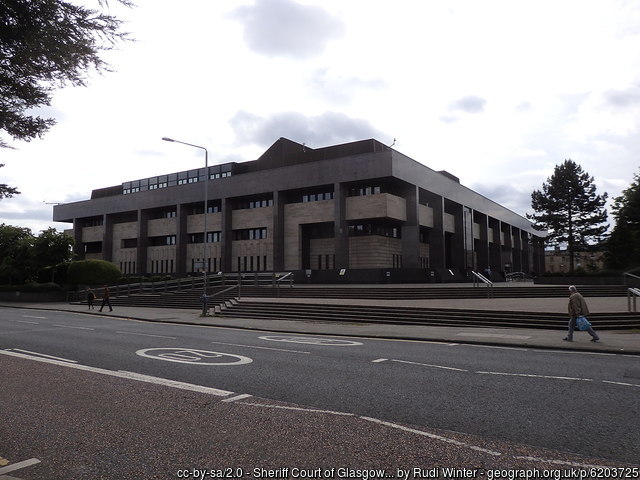Red Light Spells Not Guilty

This case involved a former client whom we had successfully defended a number of years earlier. He did not forget us when trouble once again darkened his door; the Procurator Fiscal was alleging that he had driven through a red light on Great Western Road in Glasgow.
The prosecution posed no threat to his driving licence – the Courts rarely exercise their power of discretionary disqualification in these cases with the only other disposal available to them being 3 penalty points. Taking the line of least resistance, our client could quite easily have accepted the penalty and moved on. However, this would have been at odds with his clear position that he denied having committed any offence.
That he took the correct decision to challenge the allegation was borne out once matters proceeded to trial. The Crown produced photographs that clearly showed the light at red after he had passed the both the signal and solid white line on the road. This was in addition to the fact that the photos were inadmissible in evidence as they had not been properly served before the trial diet (strict time limits apply where an image from a remote camera is to be used in evidence by the prosecution in these cases; if this is not followed then objection can be taken, by the defence, to their use in evidence).
So what we had, effectively, was a case where the trial could have been conducted twice and our client would have been found not guilty on both occasions. In the circumstances, the prosecutor took the only sensible route available to her and put a red pen through this red light.
Need help with a similar case?